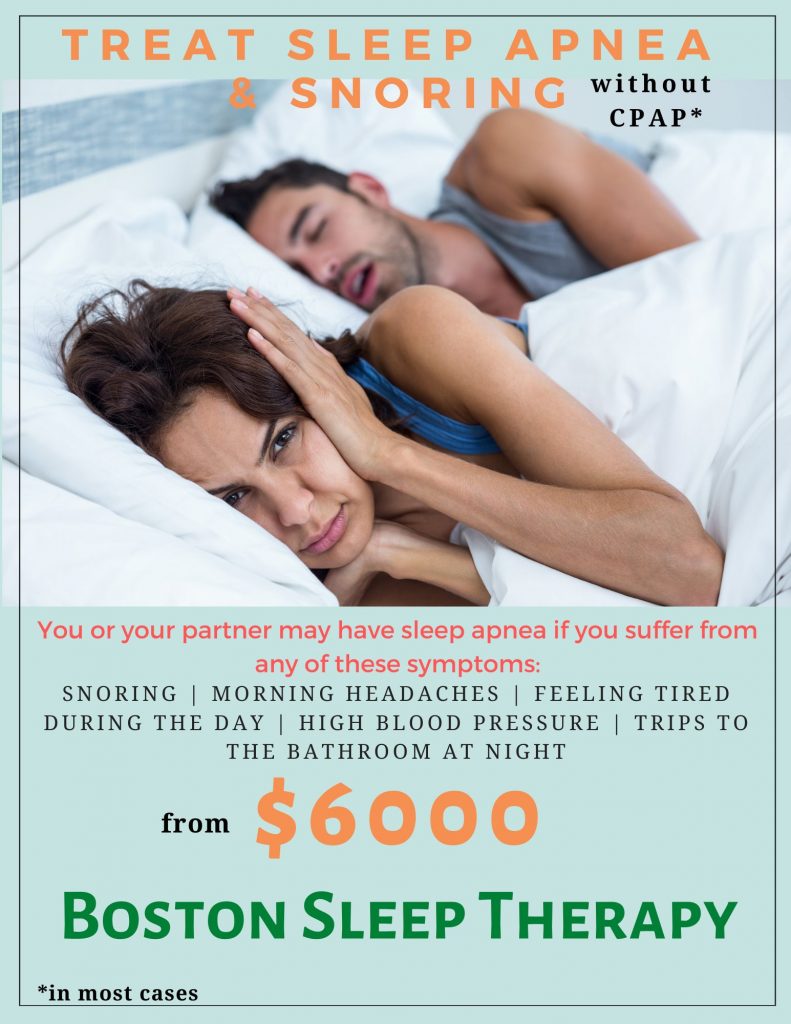Sleep apnea is a serious sleep disorder that occurs when a person’s breathing is interrupted during sleep. People with untreated sleep apnea stop breathing repeatedly during their sleep, sometimes hundreds of times. This means the brain — and the rest of the body — may not get enough oxygen.
There are two types of sleep apnea:
Obstructive sleep apnea (OSA): The more common of the two forms of apnea, it is caused by a blockage of the airway, usually when the soft tissue in the back of the throat collapses during sleep.
Central sleep apnea: Unlike OSA, the airway is not blocked, but the brain fails to signal the muscles to breathe, due to instability in the respiratory control center.
Am I at Risk for Sleep Apnea?
Sleep apnea can affect anyone at any age, even children. Risk factors for sleep apnea include:
Continue Reading Below
you might like
Being male
Being overweight
Being over age 40
Having a large neck size (17 inches or greater in men and 16 inches or greater in women)
Having large tonsils, a large tongue, or a small jaw bone
Having a family history of sleep apnea
Nasal obstruction due to a deviated septum, allergies, or sinus problems
What Are the Effects of Sleep Apnea?
If left untreated, sleep apnea can increase the risk of health problems, including:
High blood pressure
Stroke
Heart failure, irregular heart beats, and heart attacks
Diabetes
Depression
Worsening of ADHD
Headaches
In addition, untreated sleep apnea may be responsible for poor performance in everyday activities, such as at work and school, motor vehicle crashes, and academic underachievement in children and adolescents.



